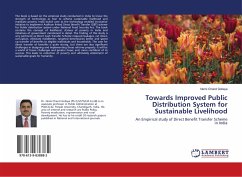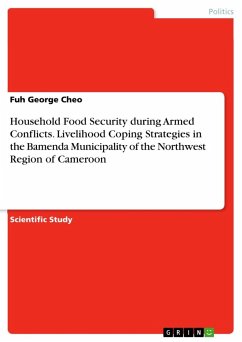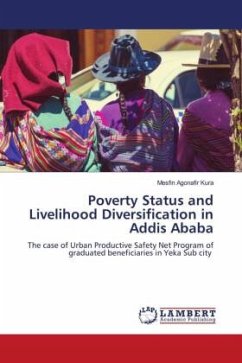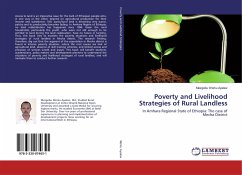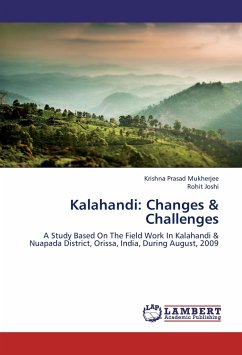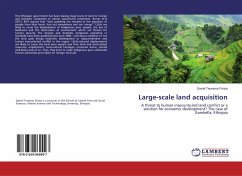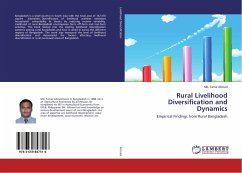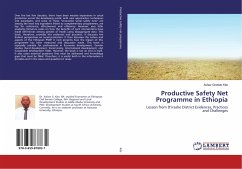The book is based on the empirical study conducted in India to know the strength of technology as tool to achieve sustainable livelihood and eradicate poverty. India switch over to the technology enabled innovative initiative to implement Aadhaar linked Direct Benefit Transfer (DBT) scheme for Public distribution system under National Food Security Act. The book contains the concept of livelihood, statues of poverty in India and initiatives of government mentioned in detail. The finding of this study is very pertinent as Direct Cash Transfer Scheme reduced leakages, cut down corruption, eliminate middlemen, targeted beneficiaries better and speed up transfer of benefits to eligible individuals and households. The case for direct transfer of benefits is quite strong, but there are also significant challenges in designing and implementing these reforms properly. It will be a world of fewer challenges and greater hope; and, more confident of its success. This leads to reduction of poverty and ultimately attainment of sustainable goals for humanity.
Bitte wählen Sie Ihr Anliegen aus.
Rechnungen
Retourenschein anfordern
Bestellstatus
Storno

